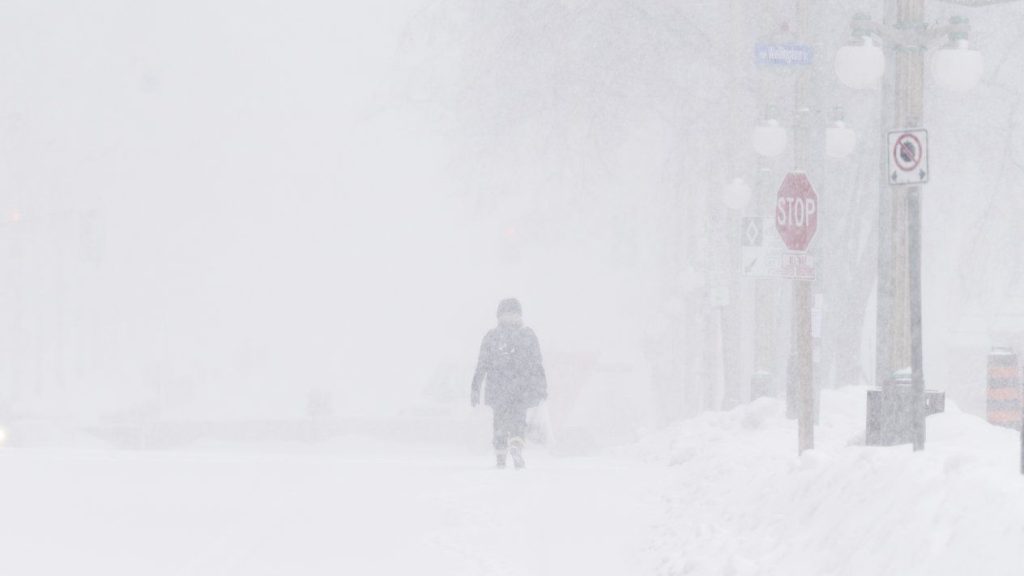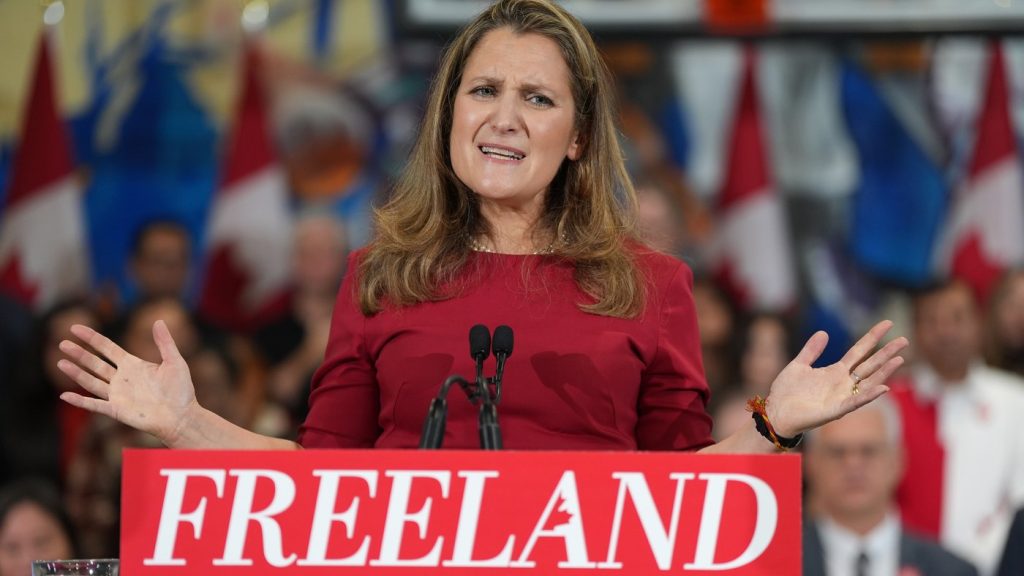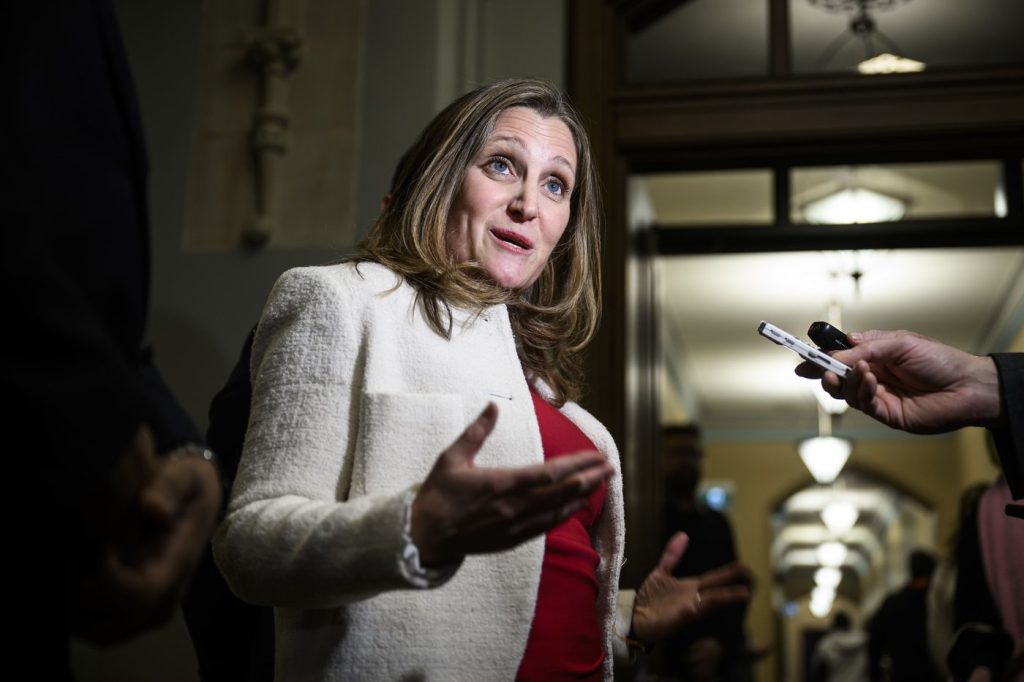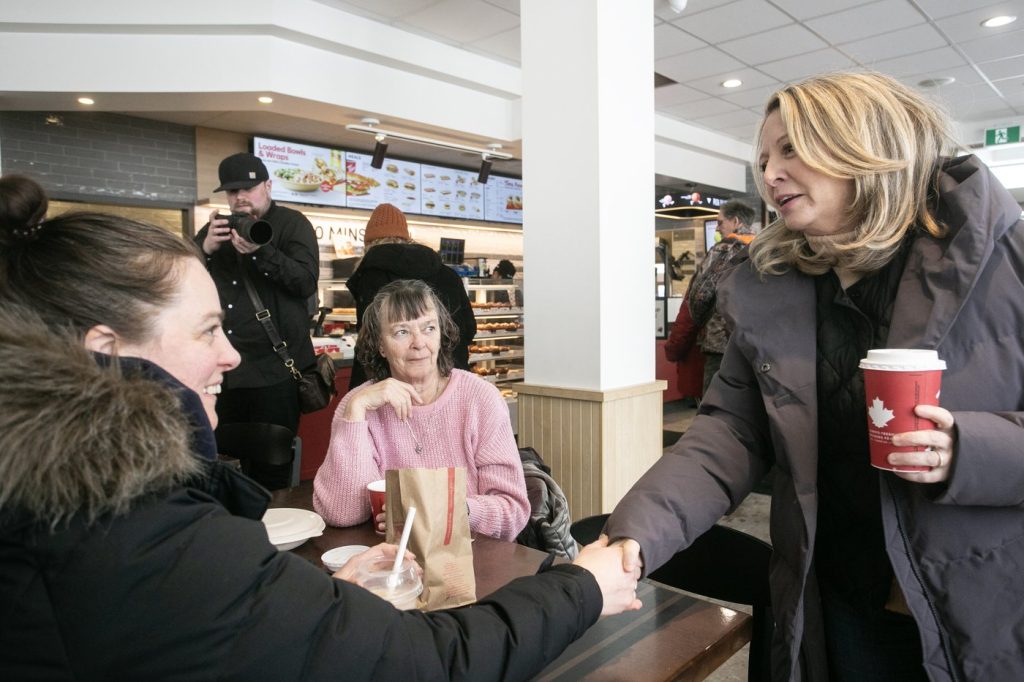Vaccine passports, not a matter of ‘if’, but ‘how’: experts
Posted May 20, 2021 07:00:00 PM.
With each big step toward a sense of pre-pandemic normalcy, it seems the issue of vaccine passports once again makes a return.
Many Canadians are eager to gain back luxuries lost to the COVID-19 pandemic from travel to live concerts and sporting events. The province of Quebec has already even gone as far as to allow as many as 2,500 fans into the Bell Centre to watch game six of the first-round NHL playoff series between the Toronto Maple Leafs and the Montreal Canadiens – if it lasts that long.
This decision, along with several others which seem to push us closer to what was once 'normal', seems to have piqued a sense of unnerve in many as other provinces, Alberta and Manitoba for example, say they will not be following suit.
It does beg the question though, if we are on the verge of allowing fans back in stadiums and concert venues, how soon do we need to be considering the idea of vaccine passports.
“To be honest, I think it is something that is likely to happen regardless of what the general population feels about it,” said Benjamin Muller, Assistant Professor of Political Science and Sociology at Western University. “My concern is more the how and what sort of scheme develops and to what extent the public is involved in a dialogue about what that passport looks like.”
So what will it look like? Muller says Canadians shouldn't need to make space in their wallets for a physical card, instead, think of something more along the lines of Canada's COVID Alert app which shared information with other devices by way of what was described at the time as a 'digital handshake'.
“This is more than likely to be an app that works on our phone that is, therefore, digital data which is far more easily shared with potentially other actors, private actors, other governments and so on,” Muller said.
With that though comes new questions and concerns especially given the data being shared, even simply in the form of 'vaccinated, yes or no', is still our personal health data.
“There ought to be concerns about what this is going to look like in terms of who's owning it,” said Muller. “Are you going to have absolute control over it? What kind of agreements are going to have to be made with other governments potentially or other private actors for that information to flow and for that app to be able to work.”
“We need to make sure the systems are in place to allow these things to be inter-operable and that requires a lot of our personal data traveling and being shared,” he said.
Muller says it's something we've seen done before successfully but also something we've seen result in unintended consequences.
As for those of us who say we're willing to give up our control over this data in return for the ability go to a game or a concert, Muller says there should be a way to avoid that kind of a trade-off.
“We should be able to obtain something like a vaccination passport that allows us to travel but that still, in fact, is not exposing our personal privacy or exposing our data,” he said.
“I think the only way that happens effectively is if there's rich, public debate and engagement about this,” said Muller. “And I think part of the problem right now is, there's such speed with which we want to return to travel, and I completely understand that, that these things are going to be passed over and then a couple years down the line we're going to be quite concerned with how our health data is suddenly interconnected with our passport and travel data and credit card information and so on and so on, and there could be a lot of decisions made without our knowledge on the basis of those bits of data.”








